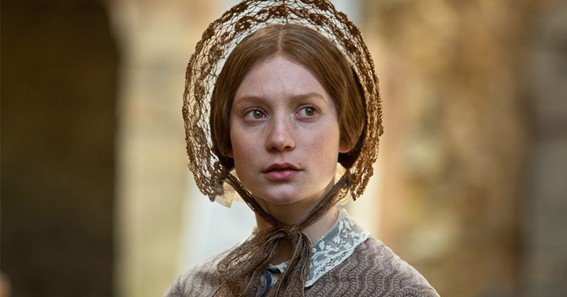Why is rochester so weird in Jane Eyre? This intriguing question has fascinated readers for generations. Edward Rochester, the brooding master of Thornfield Hall, is often seen as a peculiar and enigmatic figure. His unconventional behavior, secretive nature, and inner turmoil contribute to his “weirdness” and make him one of literature’s most compelling characters. In this blog post, we’ll explore the factors that contribute to Rochester’s complexity, examining his troubled past, moral ambiguities, and the societal expectations of the Victorian era.
Understanding the Enigma of Edward Rochester
Rochester’s character is multifaceted. On the surface, his mysterious demeanor and unpredictable actions might come off as weird, but a closer look reveals layers of emotional pain and inner conflict. Here are some key factors that shape his character:
-
A Troubled Past:
Rochester is haunted by secrets from his past, including a tragic marriage and the burden of guilt over his hidden actions. These experiences have left him emotionally scarred, contributing to his unpredictable behavior and the aura of mystery surrounding him. -
Moral Ambiguity:
Unlike the clear-cut heroes of traditional literature, Rochester is a man of moral complexities. His decisions often blur the lines between right and wrong, making him a subject of both sympathy and criticism. This ambiguity adds to his “weirdness,” as readers are challenged to understand his motivations. -
Defiance of Social Norms:
In the rigid social structure of Victorian England, Rochester’s nonconformity—whether through his unconventional lifestyle or his defiant attitude towards societal expectations—marks him as an outsider. His rebellious nature is both alluring and puzzling, adding to the overall mystique of his character. -
Inner Turmoil and Passion:
Rochester’s passionate nature, coupled with his internal struggles, makes him volatile. His moments of intense vulnerability and impulsive behavior create a dynamic character that is as captivating as he is unpredictable. -
Literary Device and Symbolism:
Charlotte Brontë uses Rochester’s character as a vehicle to explore themes of identity, redemption, and the conflict between social expectations and personal desire. His “weirdness” is not merely a flaw but a deliberate portrayal of a man caught between duty and passion.
Frequently Asked Questions (FAQs):
-
Why is Rochester considered weird in Jane Eyre?
Rochester’s behavior, marked by secrecy, moral ambiguity, and defiance of social norms, contributes to his reputation as a weird and enigmatic character. -
How does Rochester’s past influence his behavior?
His troubled past, including a hidden marriage and personal regrets, haunts him and shapes his unpredictable and conflicted nature. -
What makes Rochester morally ambiguous?
Unlike typical heroes, Rochester’s decisions often challenge conventional morality, as he grapples with his inner demons and societal expectations, making him a complex and multi-dimensional character. -
How does Rochester defy Victorian social norms?
His nonconformity in both his lifestyle and his actions, including his secretive behavior and rebellious attitudes, set him apart from the rigid societal norms of his time. -
What role does Rochester play in the themes of Jane Eyre?
Rochester serves as a symbol of the struggle between societal duty and personal desire, embodying themes of identity, redemption, and the complexity of human nature in the novel.
This blog post explores why is rochester so weird in Jane Eyre by examining his troubled past, moral ambiguities, and defiance of Victorian norms, all of which contribute to the enduring mystery and complexity of his character.










